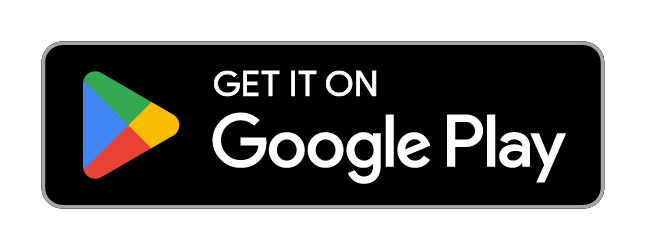What is Mobile Legends Rank Boosting and How Does It Work?
Definition and Common Boosting Methods
Let’s cut through the marketing fluff. Rank boosting is exactly what it sounds like—skilled players take over your account to win ranked matches for a fee, fast-tracking your climb from Warrior to Mythic. The process follows five predictable steps: you pick your target rank, hand over login credentials (red flag #1), they remotely access your account for ranked sessions, send progress updates via chat, and deliver you to your desired rank with whatever rewards they’ve earned along the way.
Delivery times vary wildly. Simple win boosts? Under an hour. Full rank climbs? Several days of your account being completely out of your control.
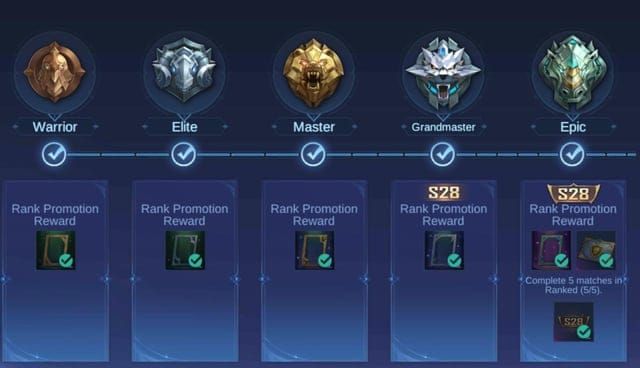
Here’s where it gets sketchy—boosters need complete login access and often operate from different countries using VPNs. Those VPN connections? They’re basically sending up flares to Moonton’s detection systems.
For players looking to enhance their gameplay legitimately, mobile legends legit diamond top up malaysia through BitTopup offers secure payment processing and instant delivery. It’s a safer route that doesn’t involve handing your account to strangers.
How Boosting Services Operate
The boosting market has evolved into a surprisingly organized industry (though still completely against ToS). Services typically offer four main packages: Rank Boost for tier climbing, Win Boost for guaranteed victories, Calibration Boost for season optimization, and Achievements Boost for specific rewards.
Understanding the star system helps explain pricing. Warrior and Elite ranks need 3-4 stars per tier, Master and Grandmaster require 4-5 stars, Epic and Legend demand 5 stars each, while Mythic operates on a points system—25 for Honor, 50 for Glory, and 100+ for Immortal.
Boosters love throwing around impressive statistics: 90,000+ completed orders with minimal ban rates! But here’s the thing—these numbers are completely unverified and conveniently ignore Moonton’s increasingly aggressive anti-boosting stance. Custom requests for hero-specific achievements are available too, though every single service violates game terms through unauthorized account access.
Account Sharing vs Duo Queue Services
Account sharing is digital Russian roulette. You’re exposing yourself to credential theft, malware infection, and permanent hardware bans triggered by suspicious IP activity. Boosters often use shared networks that immediately flag detection systems, creating vulnerabilities that extend far beyond the service period.
Duo queue services sound safer but still violate competitive integrity when paid assistance is involved. Mobile Legends restricts teams to 2, 3, or 5 players specifically to prevent abuse—no 4-player teams allowed. Boosting often involves prohibited team sizes or cross-rank play that triggers detection algorithms faster than you can say worth it.
The Real Cost Analysis: Is Rank Boosting Worth the Investment?
Financial Costs Breakdown by Rank Tier
Let’s talk numbers. Boosting costs range from $10-300+ per rank climb, with typical examples hitting $18 for 2000 MMR boosts. Pricing scales dramatically with target ranks—climbing from Warrior to Mythic requires significantly more investment than single-tier advances.
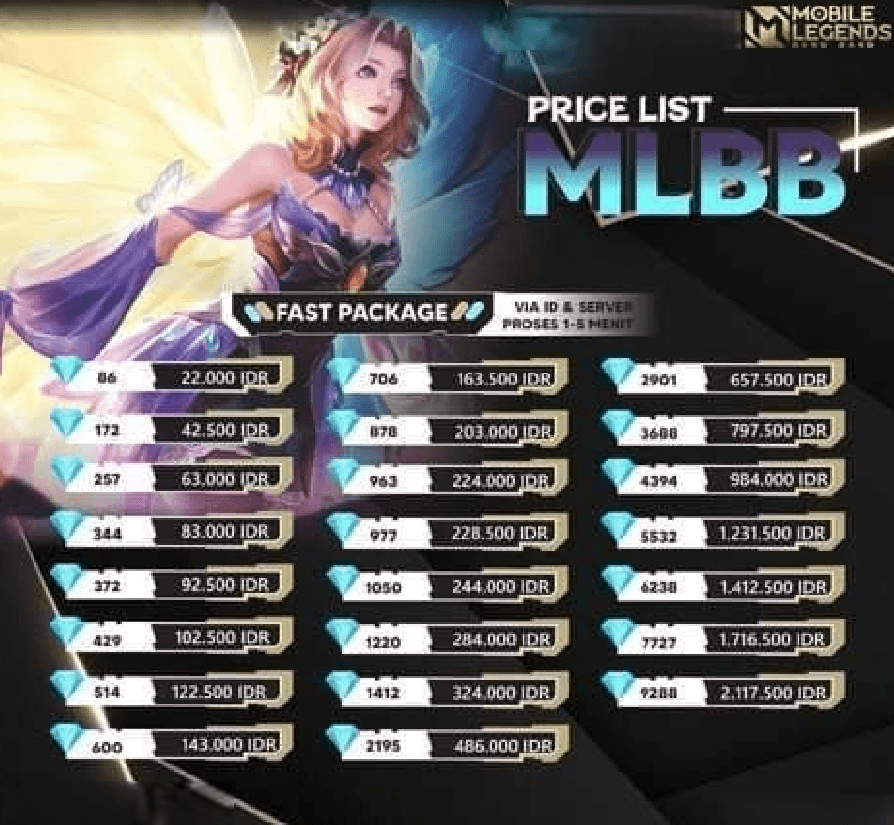
But here’s the hidden cost nobody talks about: ban risks that can erase $50+ in skins and investments through permanent suspension. One ban and your entire account value vanishes.
End-of-season rewards do scale impressively. Warrior players get 1000 BP and 100 tickets, while Legend/Mythic yields 20,000 BP, 1500 tickets, and exclusive skins. Mythical Immortal adds Mythic Coins and leaderboard perks. But if you get banned mid-season? You forfeit everything.
Time Investment Comparison
Here’s where the math gets interesting. Legitimate ranking costs nothing but requires 50-100 hours of actual gameplay. That time investment yields superior skill development—something you can’t put a price on.
Boosting offers 90%+ win rates during service, while legitimate strategies achieve 50-60% in high ranks. Team queuing adds another 10-15% improvement to your natural rate.
When considering secure purchases for legitimate enhancement, safe mlbb diamond recharge malaysia through BitTopup provides reliable transactions with competitive pricing and 24/7 support. Your account stays safe while you climb the ranks properly.
Value Retention After Boosting
This is where boosting falls apart completely. Boosted players demote quickly post-service because they simply can’t maintain artificial ranks. The skill gap becomes painfully apparent in high-tier lobbies, creating frustrating experiences and repeated rank losses that prove time investment beats money every time.
The artificial inflation prevents natural skill development that’s essential for maintaining achieved ranks. You end up in a dependency cycle—either accept rapid demotion or keep purchasing services to maintain artificial status. Neither option is sustainable.
Mobile Legends Ban System: Detection Methods and Consequences
Moonton’s Anti-Cheat Technology
Moonton isn’t playing around anymore. Detection happens through multiple vectors: IP/device swaps, unnatural MMR jumps (like sudden win streaks), overlapping playtimes, and player reports. Server telemetry analyzes accuracy, KDA ratios, and movement patterns for inhuman performance indicators.
Their machine learning algorithms are getting scary good at identifying impossible statistics—unrealistic KDA improvements and accuracy patterns that deviate from established baselines. Cross-account correlation identifies boosters operating multiple clients, while network analysis flags suspicious IP patterns and VPN usage.
Ban Types and Duration
The consequences aren’t just slaps on the wrist. We’re talking temporary suspensions (3-30 days), long-term bans (6-18 months), permanent account bans, and hardware ID bans that prevent new account creation entirely.
Repeat offenses escalate to 30-year bans in some regions. Thirty years! Boosting gets classified under medium-to-high risk violations, and Moonton treats it accordingly.
Ban types include account suspension with temporary locks, HWID bans that block your hardware identification, shadow bans that match you only with other cheaters, and stat resets that wipe rank and MMR progress completely.
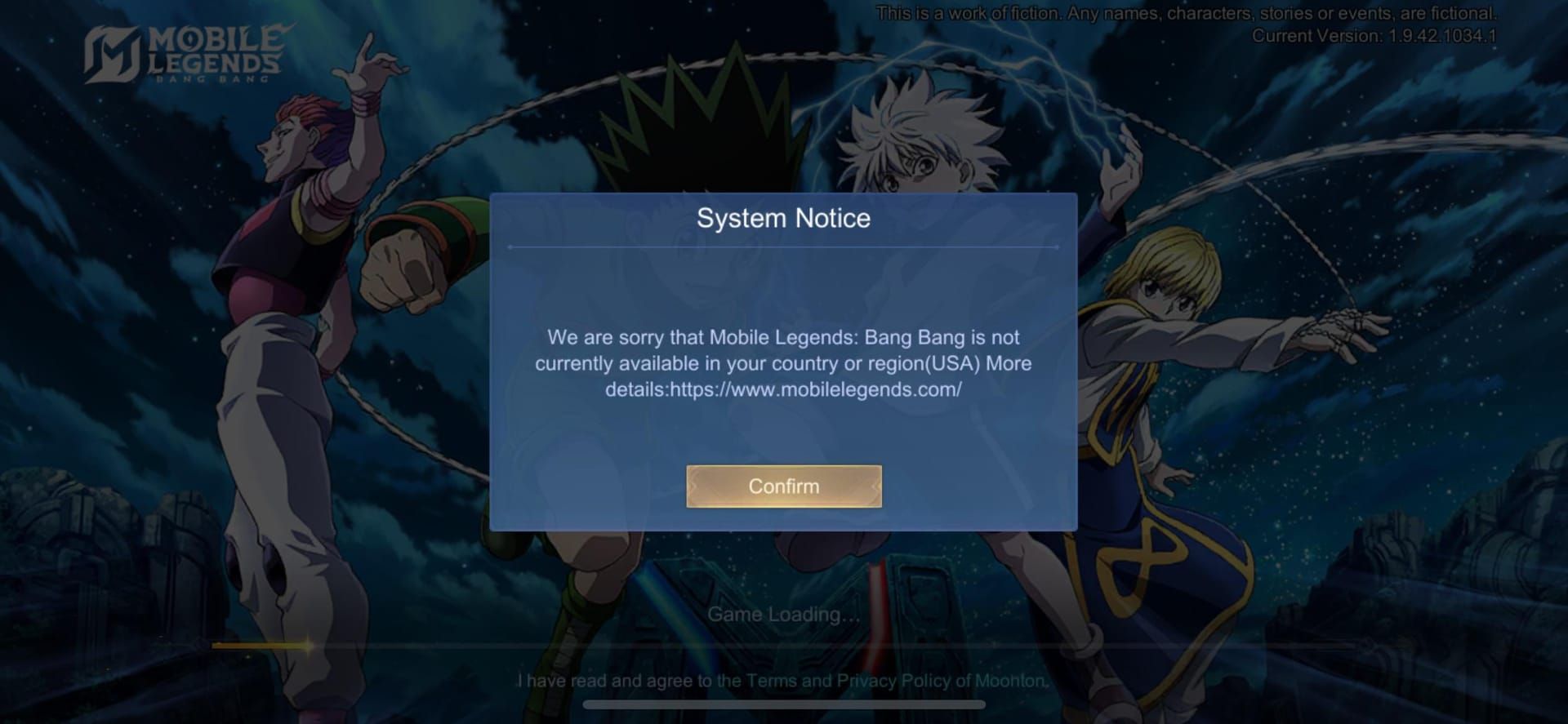
Account Recovery Success Rates
Appeals require extensive evidence—match replays, integrity scans, network logs—but success rates remain below 5% for confirmed boosting cases. Community reports indicate 70%+ of boosted accounts face flagging within weeks, with appeals failing due to comprehensive IP logs and behavioral analysis.
The appeals process involves gathering proof like solo queue evidence, submitting ban screenshots, and providing DxDiag reports plus antivirus scans. You must emphasize absence of third-party software while avoiding any admission of fault. Good luck with that when the logs clearly show account sharing.
Security Risks: Why Account Sharing is Dangerous
Personal Data Exposure
Account sharing requires full login details, creating lasting security vulnerabilities with zero legitimate guarantees from unofficial services. Boosters may install malware during access, compromising your devices beyond gaming sessions and exposing you to data harvesting.
The process demands passwords, email access, and verification details—multiple attack vectors for bad actors. Boosters operating from different regions trigger security alerts leading to account lockouts and verification complications that can last weeks.
Financial Information Theft
Services may access linked payment methods, stored credit card information, and purchase histories during control periods. Financial exposure extends to unauthorized purchases, subscription modifications, and linked social media access containing additional personal information.
I’ve seen cases documenting unauthorized diamond purchases and modified account settings that enable future access. With no regulatory oversight, victims have limited recourse for financial losses from data misuse.
Account Hijacking Cases
Real examples hit hard—permanent account loss after boosters changed recovery information, effectively stealing accounts with valuable inventories. One documented case involved malware installation from fake boosters, resulting in device compromise and legal disputes over fees.
Community reports show boosters selling account access to third parties, creating secondary markets for compromised accounts. Hijacking often occurs weeks after completion when users forget about security compromises, making recovery nearly impossible.
Impact on Game Experience and Competitive Integrity
Matchmaking Disruption
Boosting artificially inflates ranks, creating mismatched matchmaking where low-skill players feed in high-tier lobbies. This frustrates legitimate players and disrupts the MMR system’s effectiveness by creating false data points.
Games develop significant skill disparities where some players dominate while others struggle meaningfully. It creates frustrating experiences for everyone and reduces overall competitive integrity.
Skill Gap Problems
Boosted players lack fundamental skills for high-tier play, becoming obvious during draft phases where they can’t counter-pick or adapt to meta strategies. Problems compound in team fights requiring precise timing, positioning, and coordination that boosted players haven’t developed.
High-rank gameplay demands strategic understanding that simply cannot be purchased. This creates cycles where boosted players either demote rapidly or continue seeking services to maintain artificial status.
Community and Team Effects
Boosting promotes shortcut culture over skill development, discouraging legitimate progression and creating pay-to-win perceptions that damage competitive ecosystem integrity. Team dynamics suffer when boosted players can’t fulfill roles effectively, increasing toxicity and blame.
The presence of obviously boosted accounts creates suspicion and frustration among legitimate players, degrading overall community experience through reduced trust in displayed rankings.
Case Studies: Real Examples of Boosting Consequences
High-Profile Ban Cases
Community documentation reveals users banned after boosting lost 100+ heroes, premium skins, and years of progress through complete account wipes. One notable case involved $500+ in investments lost after permanent suspension, with failed appeals despite account compromise claims.
These cases demonstrate the comprehensive nature of bans—total inventory loss rather than temporary restrictions. Moonton’s logs clearly showed boosting patterns and voluntary account sharing, making appeals unsuccessful regardless of sob stories.
Financial Losses from Banned Accounts
Analysis shows average losses exceeding $200 per banned account when factoring hero purchases, skin collections, and battle pass investments. Impact extends beyond direct purchases to lost seasonal rewards, exclusive items, and unrecoverable progression.
Multiple cases document players paying boosting fees then facing additional losses when bans eliminated existing investments. Combined costs of boosting plus lost account value often exceed $400-500 for temporary rank inflation. Ouch.
Recovery Attempt Outcomes
Recovery success rates remain below 5% for confirmed violations, requiring technical logs and proof most players simply cannot provide. Successful recoveries typically involve actual theft with police reports rather than voluntary boosting, which rarely qualifies regardless of subsequent regret.
The appeals process demands extensive evidence including technical documentation that legitimate boosting customers cannot produce. This makes recovery extremely unlikely for voluntary account sharing cases.
Terms of Service Violations and Legal Implications
Moonton’s Fair Play Policy
Boosting violates Terms of Service under sections prohibiting account sharing, third-party assistance, and unfair advantages. The ToS explicitly bans selling, trading, or sharing accounts with legal implications including potential civil claims for fraud.
Fair Play policy treats boosting as seriously as cheating software, with similar penalties and enforcement mechanisms. Moonton prioritizes competitive integrity, making boosting detection and punishment essential for game quality.
Violation Categories
Boosting falls under account sharing, competitive manipulation, and third-party service usage—each carrying specific penalties. Account sharing typically results in permanent bans due to security implications beyond competitive fairness concerns.
Violations extend to both boosters and customers. Policies hold account owners responsible for all activity regardless of who performed it. You can’t claim ignorance or lack of participation as defenses against penalties.
Appeal Process Requirements
Appeals require comprehensive evidence including match replays, integrity scans, network logs, and legitimate play proof. The process demands technical documentation most players cannot provide—DxDiag reports, antivirus results, and detailed activity explanations.
Players must provide session logs and demonstrate absence of third-party software while avoiding violation admissions. The burden of proof lies entirely with appealing players, who must overcome Moonton’s technical evidence through comprehensive counter-documentation. Good luck.
Legitimate Alternatives: Proven Ranking Strategies That Work
Meta Hero Mastery
Master 2-3 heroes per role, focusing on meta picks from current tier lists. S-Tier Assassins include Hayabusa with his quad-shadow ultimate for burst/mobility, Joy with immunity frames against crowd control, and Julian with hybrid dashes and third-cast nukes.
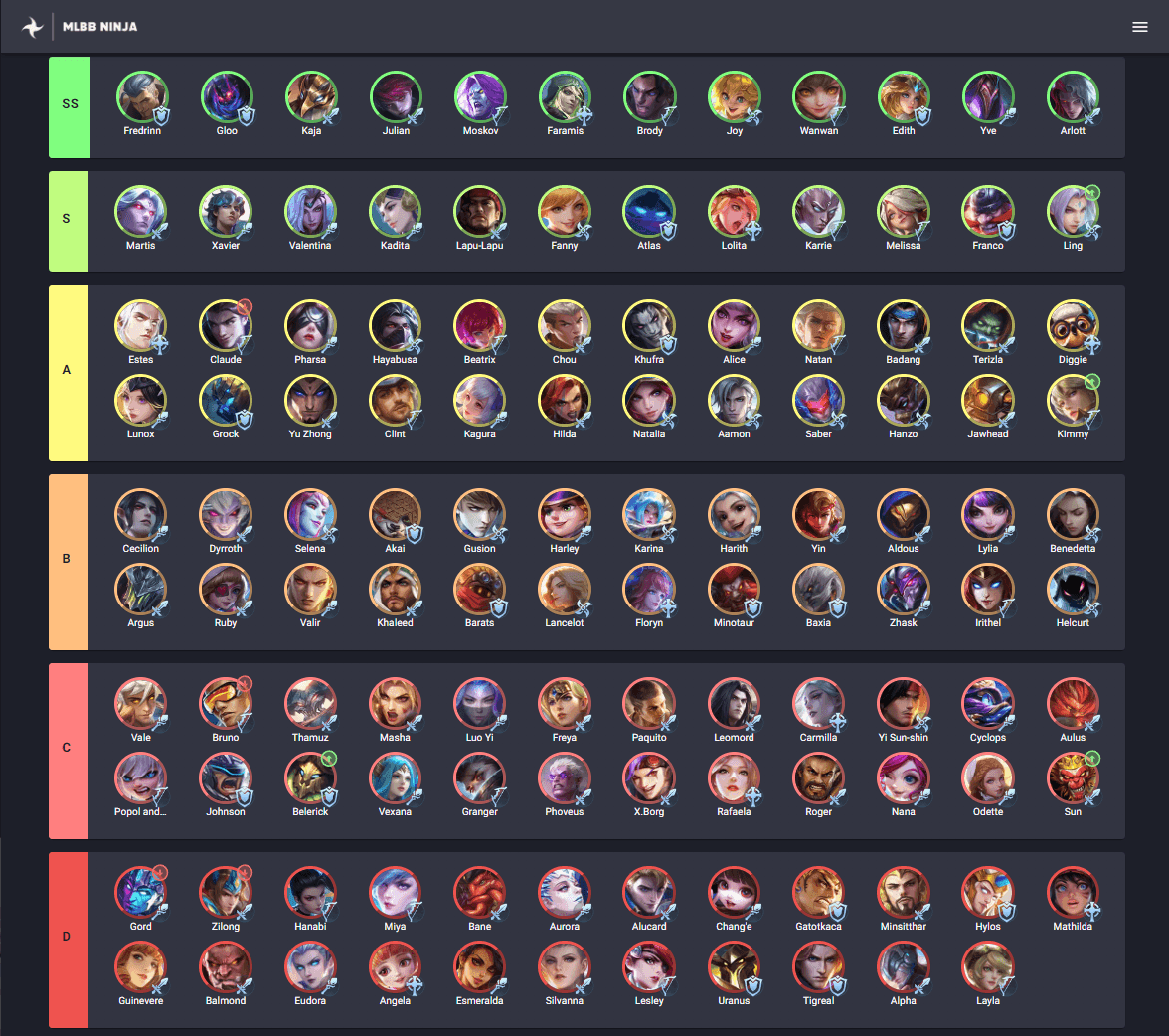
S-Tier Mages include Harith with sustained DPS/shields, Xavier with global AoE/crowd control, Alice with tanky life-steal, and Cecilion with long-range poke and infinite scaling. Cecilion achieves 55%+ win rates in proper team compositions with blue buff sustain.
Practice in Classic mode improves win rates by 20-30% with role specialization. Current meta favors aggressive play—Hayabusa’s ideal for farming/split-pushing while targeting backline carries in solo queue.
Solo Queue Optimization
Here’s your step-by-step: duo/trio queue for coordination, balance mechanics with macro play including rotations/objectives, select versatile heroes like Hylos (tank) or Cecilion (mage), optimize settings with Hero Lock and low-HP priority, focus on farming plus map awareness.
Team queuing boosts win rates by 15-25% while avoiding solo queue unpredictability. Escape low ranks by treating teammates strategically and maintaining minimap checks every 5-10 seconds for awareness.
Duo Queue Best Practices
Legitimate synergies that actually work: Cecilion plus Carmilla for shields/resets, Johnson plus Odette for roams/stuns, Hylos plus Bane for crowd control, and Angela plus Ling for sustain/mobility. Communication via pings provides 10-20% win rate improvements.

Prioritize Turtle for gold buffs at 2 minutes and Lord for late-game pushing. Team queuing adds 10-15% to natural rates, while MVP bonuses grant +1 star per win. Focus on consistent 55%+ win rates for MMR improvement.
Long-term Consequences and Why Legitimate Ranking is Better
Skill Development Benefits
Legitimate ranking fosters actual skill mastery, community respect, and sustained enjoyment while avoiding boosting’s short-term highs and long-term isolation due to skill gaps. Natural progression develops game sense, mechanical skills, and strategic understanding that cannot be purchased.
Building skills through progression creates resilience. Professionals recommend mastering 3-5 heroes per role for meta adaptability. You’ll understand positioning, timing, and decision-making at your rank, enabling maintenance and continued improvement.
Account Safety Advantages
Legitimate play preserves security and eliminates credential theft, malware infection, and permanent ban risks from account sharing. You maintain complete control over your account, personal information, and financial data while building genuine achievements.
Security advantages extend beyond immediate safety to protection of long-term investments in heroes, skins, and seasonal progress. Legitimate players never face ban detection anxiety or financial losses from policy violation suspensions.
Competitive Scene Opportunities
Legitimate ranking creates opportunities for competitive play, team recruitment, and community recognition based on genuine skill rather than purchased achievements. Authentic high ranks enable tournament participation, competitive team joining, and meaningful high-level gameplay contribution.
Competitive scenes value demonstrated skill and consistent performance over displayed ranks. This makes legitimate progression essential for serious competitive participation. Boosted players simply cannot maintain performance standards required for organized tournaments and team environments.
Frequently Asked Questions
How much does Mobile Legends rank boosting typically cost? Costs range $10-300+ depending on rank climb, with $18 examples for 2000 MMR boosts. Hidden costs include potential loss of existing investments (skins, heroes) if banned—often exceeding $200-500 in total account value.
Can Moonton detect rank boosting and how quickly? Absolutely. Through IP/device changes, unnatural MMR jumps, and behavioral analysis. Community reports show 70%+ of boosted accounts get flagged within weeks, with detection rates improving through machine learning algorithms.
What are the consequences of getting caught boosting? Consequences include temporary suspensions (3-30 days), long-term bans (6-18 months), permanent account bans, and hardware ID bans preventing new account creation. Repeat offenses can result in 30-year bans.
Is it possible to successfully appeal a boosting ban? Success rates remain below 5% for confirmed cases. Appeals require extensive technical evidence including match replays, network logs, and legitimate play proof that most boosting customers simply cannot provide.
What are the safest legitimate alternatives to rank boosting? Master 2-3 meta heroes per role, duo/trio queue for coordination, and practice in Classic mode. Current S-Tier picks like Hayabusa (assassin) and Cecilion (mage) offer 50-55%+ win rates with proper execution.
How does boosting affect long-term gameplay experience? Boosted players typically demote quickly due to skill gaps, face toxicity in high-rank lobbies, and miss genuine skill development opportunities. Artificial rank inflation creates frustrating gameplay cycles and prevents natural competitive progression.


















